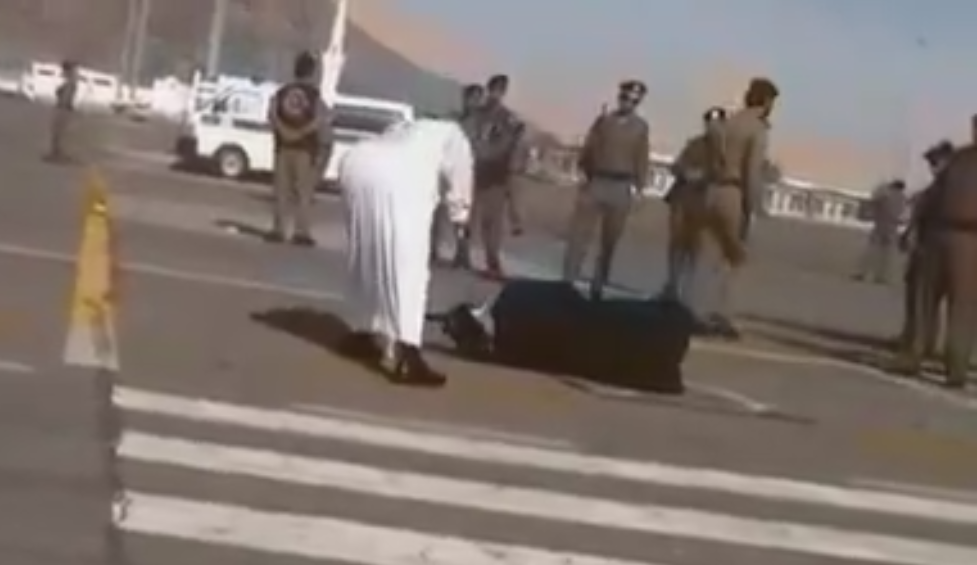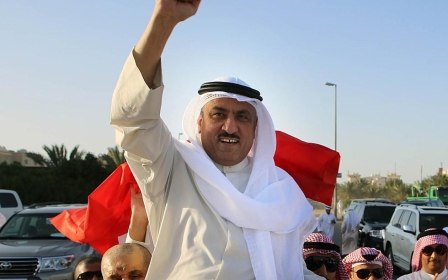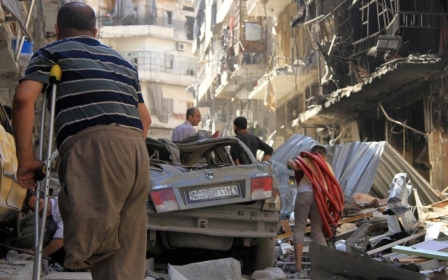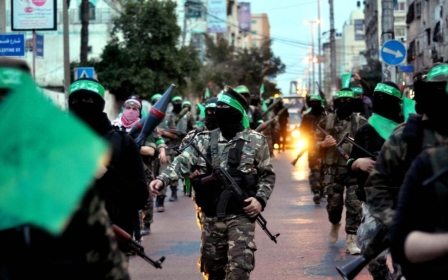Amnesty slams Saudi justice system over executions

DUBAI - Amnesty International on Tuesday denounced Saudi Arabia's "deeply flawed judicial system" as it issued a new report on the rising number of executions in the kingdom.
In "Killing in the Name of Justice: The Death Penalty in Saudi Arabia", the London-based group criticised trials it said "blatantly flout international standards".
It called "urgently" for a moratorium on executions.
Amnesty cited secret trials, denying defendants access to lawyers and convicting people based on confessions "obtained under torture".
It said at least 102 executions took place in the first half of 2015, compared with 90 in all of last year.
Most people sentenced to death in Saudi Arabia are beheaded, but sometimes firing squads are used.
In some cases bodies and severed heads have been put on public display, Amnesty said.
Families of prisoners on death row are often not informed about executions until afterwards.
According to AFP tallies compiled from interior ministry statements, so far this year the kingdom has executed 123 people, compared with 87 in 2014.
"Saudi Arabia's Sharia (Islamic) law-based justice system lacks a criminal code, leaving definitions of crimes and punishments vague and widely open to interpretation," Amnesty said.
It said the country's legal system gives judges discretionary powers in sentencing, leading to "arbitrary rulings" in some cases.
Defendants are also often "denied the right to a proper, thorough appeal," it said.
"Claims that the death sentence in Saudi Arabia is carried out in the name of justice and in line with international law could not be further from the truth," said Said Boumedouha, Acting Director of the Middle East and North Africa Programme at Amnesty International.
In a press release prepared by the advocacy group, Boumedouha elaborated, saying, “Sentencing hundreds of people to death after deeply flawed legal proceedings is utterly shameful. The use of the death penalty is horrendous in all circumstances, and is particularly deplorable when it is arbitrarily applied after blatantly unfair trials. Instead of defending the country's appalling record, the Saudi Arabian authorities should urgently establish an official moratorium on executions and implement international fair trial standards in all criminal cases."
According to Amnesty, almost half of those executed in recent years were convicted of non-lethal crimes such as drug trafficking.
"Pending full abolition of the death penalty, Amnesty International is calling on the Saudi Arabian authorities to restrict the scope of its use to crimes involving 'intentional killing' in line with international law and standards," it said.
At least 2,208 people were executed between January 1985 and June 2015, nearly half of them foreigners, said Amnesty, adding that juvenile offenders and people with mental disabilities were among them.
Under the conservative kingdom's strict legal code, murder, armed robbery, rape, drug trafficking and apostasy are all punishable by death.
"If the authorities wish to show their commitment to rigorous fair trial standards they must implement reforms that will bring Saudi Arabia’s criminal justice system in line with international law and standards,” Boumedouha said.
Amnesty says Saudi Arabia is one of the world's most prolific executioners, along with China, Iran, Iraq and the United States.
New MEE newsletter: Jerusalem Dispatch
Sign up to get the latest insights and analysis on Israel-Palestine, alongside Turkey Unpacked and other MEE newsletters
Middle East Eye delivers independent and unrivalled coverage and analysis of the Middle East, North Africa and beyond. To learn more about republishing this content and the associated fees, please fill out this form. More about MEE can be found here.




